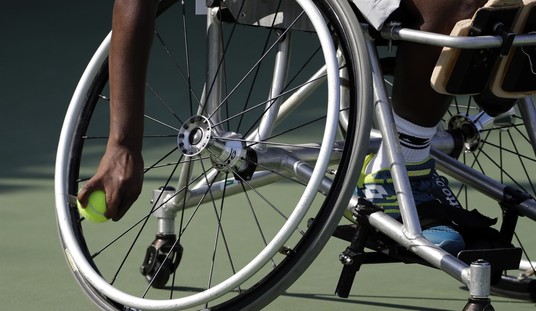I thought about this as I read over this Yale Alumni Magazine article about a former alumna whose husband killed himself:
Jennifer Stuber ’02PhD will never forget the call. In 2010 her husband, Matt Adler, had taken a leave from his job as an attorney in order to deal with depression and anxiety. Stuber knew he was having trouble, but she did not realize how desperate he was—until their nanny called and said, “I think Matt has bought a gun.” They returned the gun, but he later bought another, and in February 2011 he took his own life.
Stuber, an associate professor at the University of Washington whose doctorate is in public health, became an activist: she has helped pass three laws in Washington State aimed at preventing suicide. The first, named after her husband, requires that mental health care professionals receive suicide prevention training. The second gives schools greater ability to intervene when a student expresses suicidal thoughts. The third, passed in March, requires that all doctors and nurses also receive the training….
Jennifer Stuber ’02PhD will never forget the call. In 2010 her husband, Matt Adler, had taken a leave from his job as an attorney in order to deal with depression and anxiety. Stuber knew he was having trouble, but she did not realize how desperate he was—until their nanny called and said, “I think Matt has bought a gun.” They returned the gun, but he later bought another, and in February 2011 he took his own life.
Stuber, an associate professor at the University of Washington whose doctorate is in public health, became an activist: she has helped pass three laws in Washington State aimed at preventing suicide. The first, named after her husband, requires that mental health care professionals receive suicide prevention training. The second gives schools greater ability to intervene when a student expresses suicidal thoughts. The third, passed in March, requires that all doctors and nurses also receive the training.
Stuber is helping to get laws passed that will help train mental health professionals and other health service providers. She mentions wanting to understand what her husband’s mindset was prior to killing himself. These are good things to want.
But training health professionals in suicide prevention is only a first step in understanding what happened and why: understanding what men in this country are feeling, thinking and going through is even more important. How about in grad school, when therapists and doctors are being trained, they learn sensitivity training and education on what men deal with, what their concerns are and why so many of them take their lives?
Our society focuses on the needs of women and even children and what they want. The focus is never on men, except to say something negative (or positive only if they respond the way that a woman would when it comes to feelings or relationships). Men often act differently and feel differently and we need to understand that and not be afraid. Especially those of us who are mental health professionals who have the privilege of treating men.
Their issues are human issues and we need to treat them as such. Instead of discussions of male “privilege” and men’s “oppression” of women, we need more training in grad schools on how to reach out to the men that are slipping through the cracks.
Real solutions to suicide prevention for men means first understanding what one is dealing with without judgement and with compassion, not anger, denial and fear. Suicidal men and their families deserve our compassion and need healthcare providers who are prepared. There are 30,000 men a year taking their own lives. This is mind-boggling but gets so little attention that we rarely hear about it until a male celebrity takes his own life. As a society, we can and should be better than this, and so should the healthcare system that has turned its back on so many depressed men.
UPDATE: Many comments here make good points. More laws may not help and may lead to more problems for men with depression. The government may make things worse, I get that.
However, men often see a mental health professional or most often a doctor or medical person in the months prior to their suicide. Often these professionals do miss the signs of depression in men as they look different, often times, men are irritable and drink or are more active in their depression. I do think we need to train professionals to be sensitive to these differences and learn more about what men are dealing with in our society. Some people say that nothing will work, but that has not been my experience. Over the course of my career, I have dealt with many suicidal men who got treatment that worked and they were able to change the course of their lives in ways that made them feel better and find peace.
The problem here is that the training that is provided to health professionals by any type of institutional intervention might be flawed and lead to poor outcomes. The Warren Farrells of the world would probably be the best instructors but they are in short supply and not sufficiently PC enough for our current administration. My point in writing this post was mainly to emphasize that rather than wasting all this time talking about social justice and the patriarchy for health professionals, schools and education should focus on real help and understanding for the many men in this country who deserve better. But maybe that is just wishful thinking on my part.








Join the conversation as a VIP Member